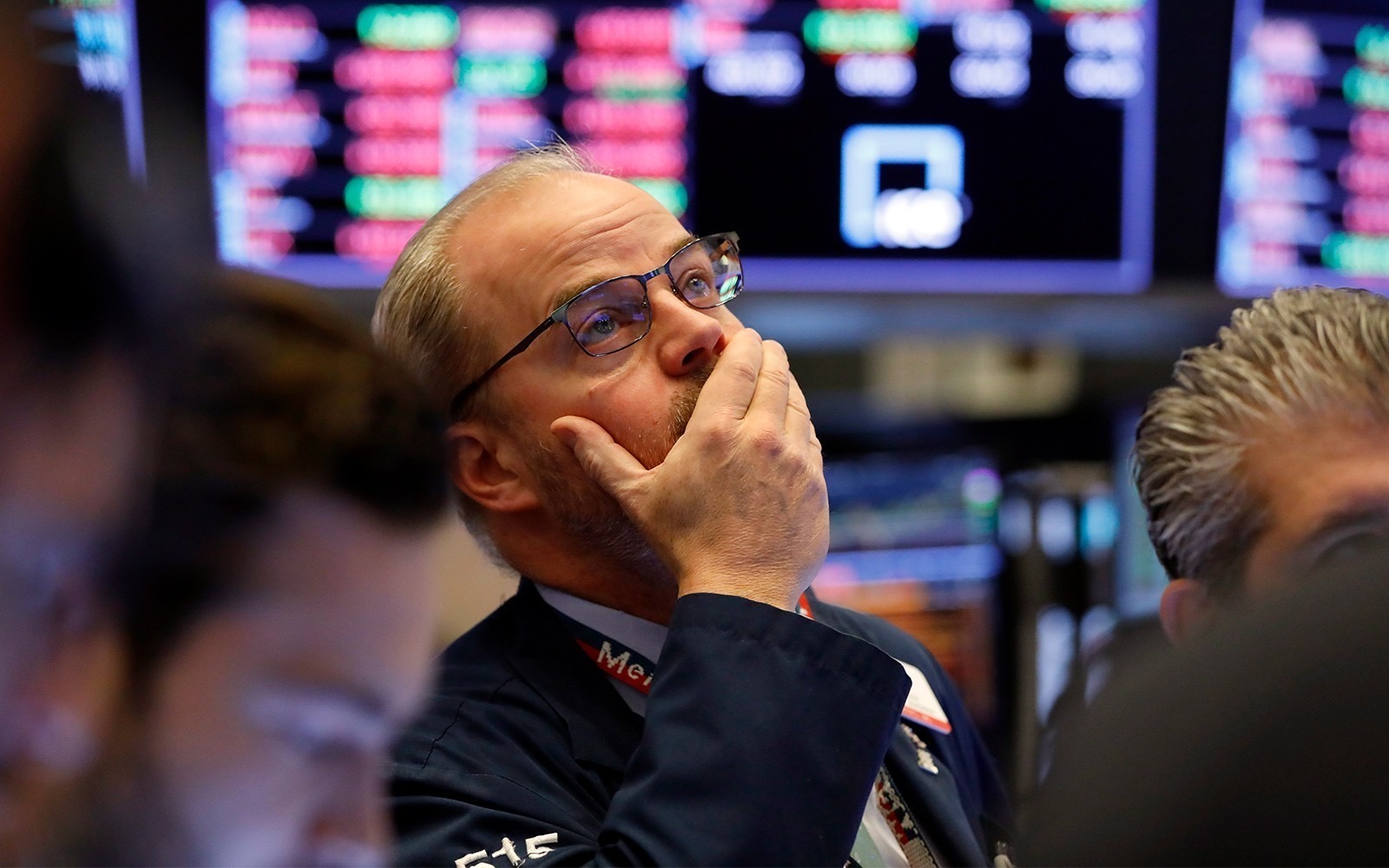Το περιβάλλον της Wall Street φτάνει τους εργαζόμενους της στα άκρα. Μήπως πρέπει να αλλάξει; Γράφει ο Θανάσης Ντάτσης.
Wall Street, the epicenter of the western financial world, is known for its high-stakes environment, significant rewards and arguably even more significant losses. However, this often masks a culture described by many as toxic and taxing. Several factors contribute to this reputation, creating an environment that can be detrimental to both professionals and the industry as a whole.
Bank of America has been under an intense microscope recently after the tragic death of one of their investment bankers, a former Green Beret named Leo Lukenas. The cause of death?Acute coronary artery thrombus. While he died of natural causes his death ignited a debate about the brutal hours many junior bankers are facing and how that is affecting their heath.
If his resume wasn’t highlighted enough, this man was part of one of the toughest military branches in the world, not only that but he was 35 years old. Over 90 hours a week is way too much for anybody, it doesn’t matter if the work isn’t physical. This article intends to highlight all the reasons wall street can be so taxing on the physical and mental health of relevant professionals in hopes of raising awareness on the issue and possibly avoid any future circumstances like this one.
The financial industry is inherently competitive, with substantial monetary rewards for those who succeed. This fosters a cutthroat atmosphere where individuals are frequently pitted against each other. The pressure to meet or exceed financial targets is immense, leading to stress and burnout. Employees on Wall Street often face grueling schedules, with many regularly working 70-80 hours a week or more. This intense workload leaves little time for personal life and recovery, contributing to a significant work-life imbalance. Moreover, there is often an expectation to be available around the clock, including weekends and holidays, and if you aren’t they will replace you. High salary means high demand and almost everyone who majors in finance dreams of landing a role in investment banking, so the talent pool is very large.
If that wasn’t enough the industry tends to attract individuals with dominant and aggressive personalities, which can create a hostile work environment. The relentless focus on financial gain can overshadow the importance of empathy and collaboration, leading to a lack of support among colleagues and fostering an unwelcoming atmosphere. The pursuit of profit on Wall Street can sometimes lead to questionable practices, such as insider trading, misleading clients, or market manipulation. These ethical dilemmas and moral hazards incentivize risk-taking behavior that may not always align with long-term stability or ethical standards.
The emphasis on quarterly financial results encourages short-term thinking, with decisions often made to boost immediate performance rather than long-term value. This short-sighted approach, coupled with high employee turnover, disrupts team cohesion and undermines the stability of the workforce. The constant pressure to perform and the pervasive fear of failure contribute to high levels of stress and anxiety among employees. This environment leads to burnout, a state of physical and emotional exhaustion with serious health consequences. The demanding nature of the job leaves little room for mental health support or recovery.
In an effort to cope with such a high-stress environment, some individuals turn to substance abuse. Unfortunately, there is often a normalization of substance abuse within the industry, making it difficult for employees to seek help and support. That be even be pointed out in cult classics such as The Wolf of Wall Street, a movie that is supposed to tell a story of a greedy stockbroker who scammed and lied to trusting investors but somehow Jordan Belford who the movie is written after is seen as an idol for many within the industry.
There is often a lack of mentoring and support for professional development on Wall Street. This leaves employees to navigate the competitive environment on their own, without adequate guidance or support. Poor management practices that prioritize results over employee well-being leads to many quitting after just one or two years and pivoting to roles in private equity or corporate finance.
The combination of intense competition, long hours, aggressive behavior, ethical dilemmas and poor choices in role models creates a challenging and often toxic work environment on Wall Street. While not all firms or individuals embody these traits, the overall culture is influenced by these systemic issues. Addressing and mitigating these challenges is crucial for fostering a healthier and more sustainable work environment in the financial industry.
Author: Θανάσης Ντάτσης
Sources:
-
A 35-year-old junior Bank of America associate suddenly died—and it’s ignited discussions about Wall Street’s intense working conditions: https://fortune.com/2024/05/08/leo-lukenas-iii-bank-of-america-junior-investment-banker-death-wall-street-working-conditions/
-
BofA banker whose death shook Wall Street was looking for new job and willing to take a lower salary for better hours, recruiter says: report : https://www.businessinsider.com/bofa-banker-leo-lukenas-wanted-new-job-better-hours-reuters-2024-5


